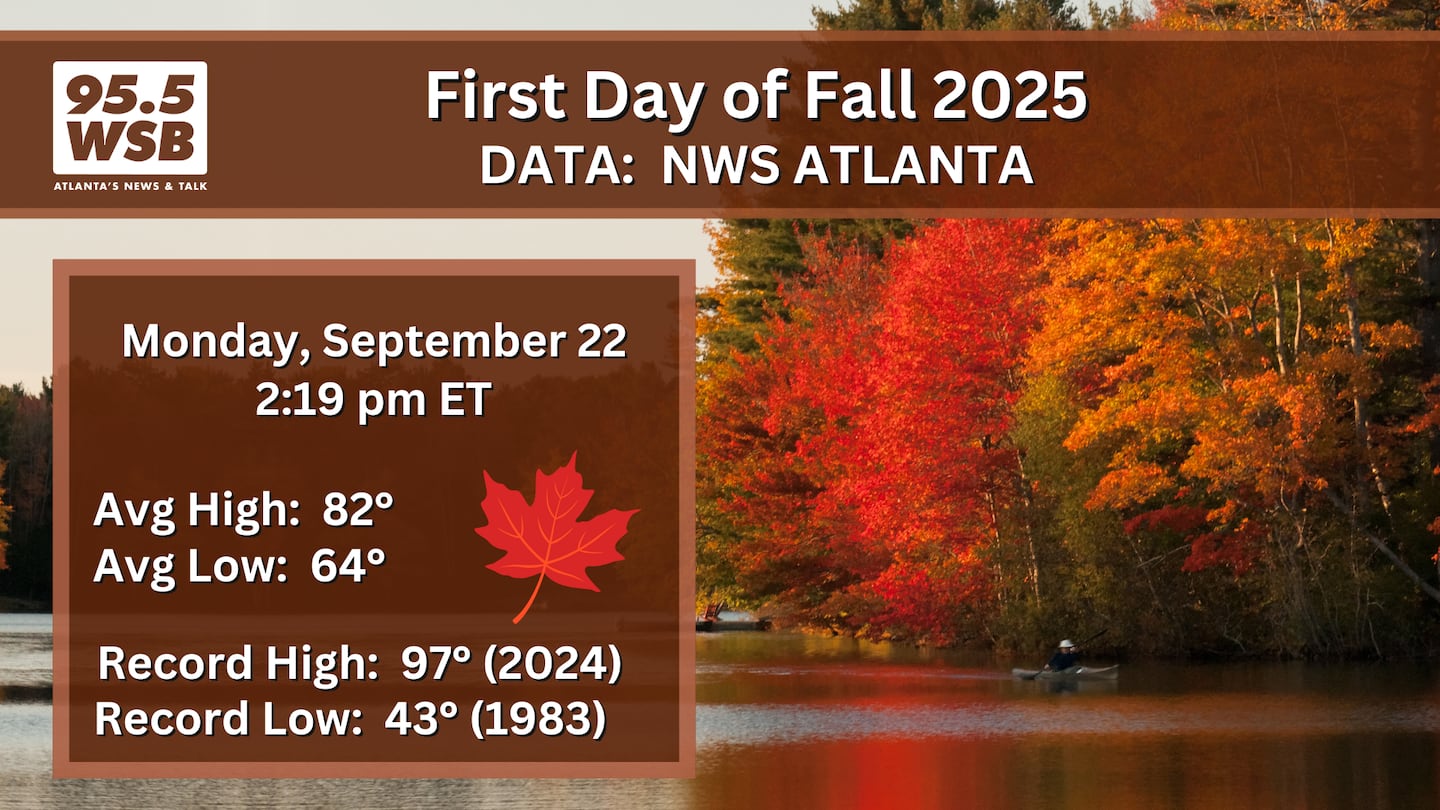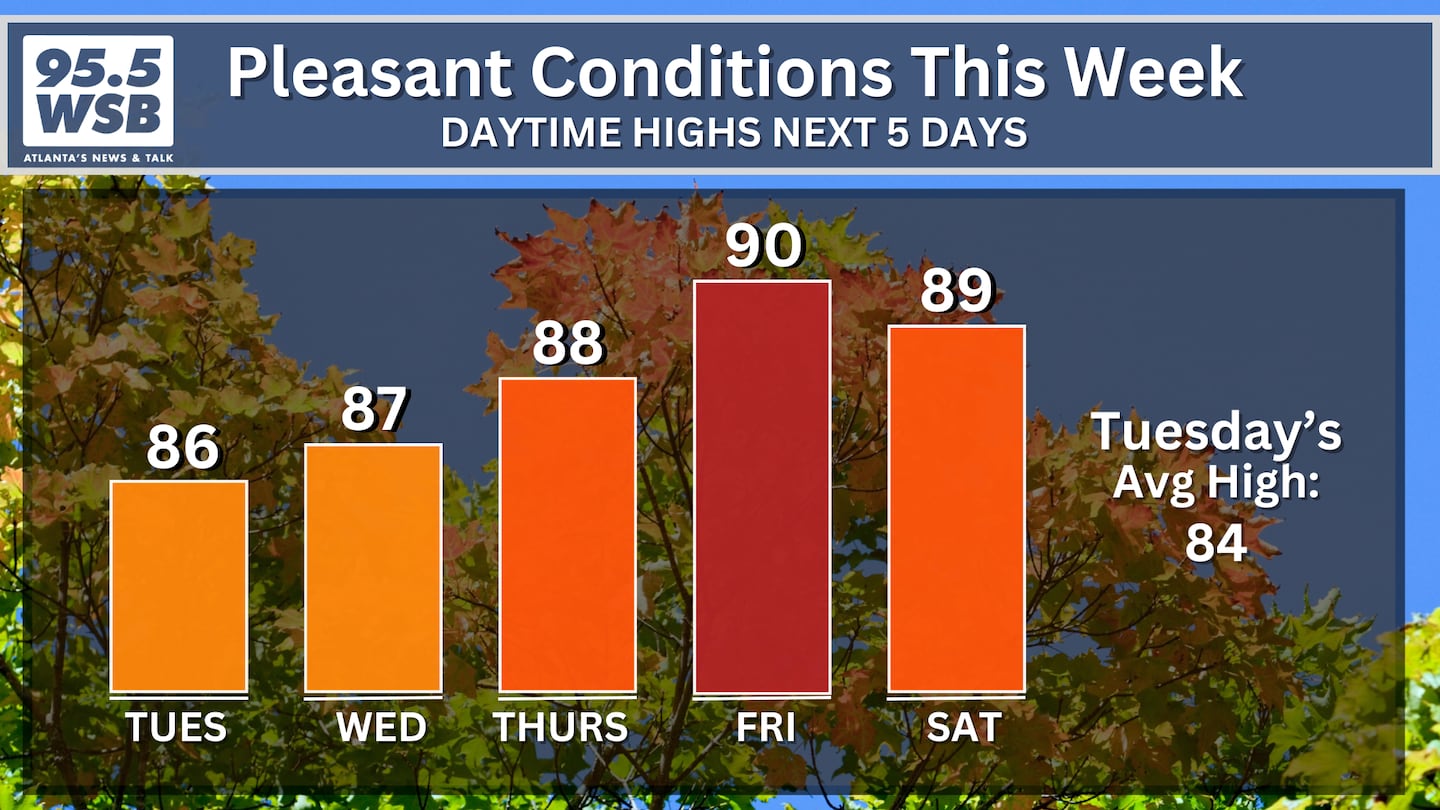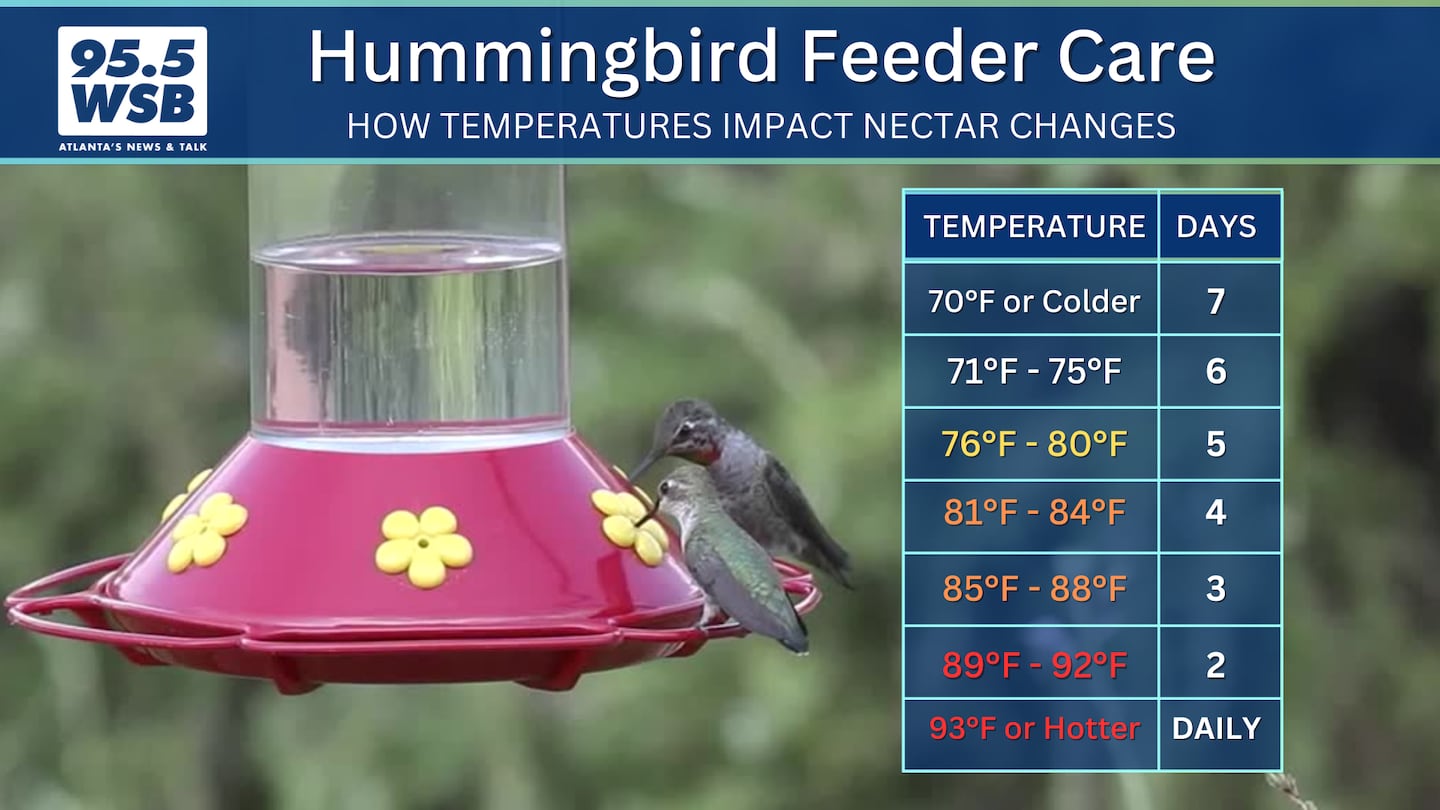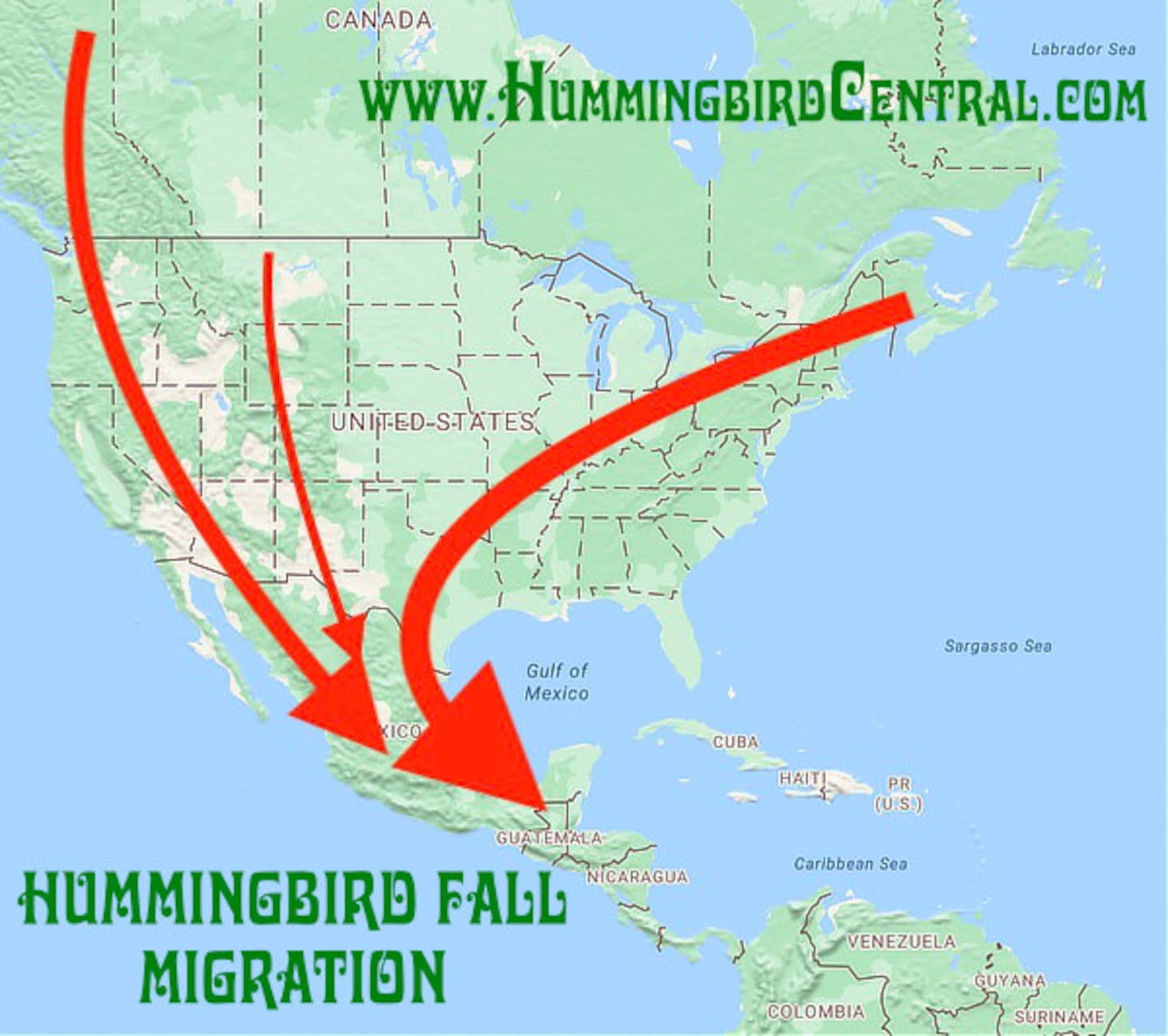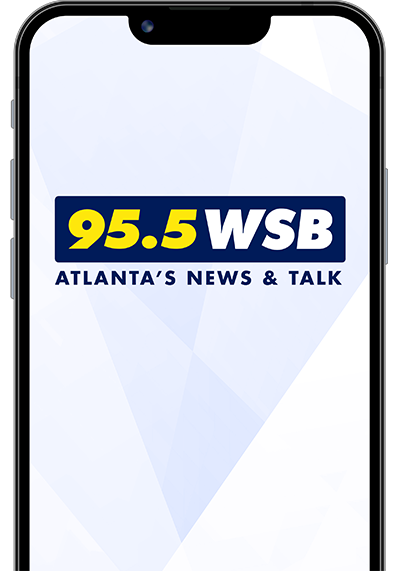I don’t know about you, but I still have visitors to my hummingbird feeder!
One male and one female ruby throated hummingbirds continue to fight for dominance over the feeder, but I encourage both of them to visit before they fly south.
Temperatures in Metro Atlanta will continue to feel quite warm -- close to summer territory -- as the calendar moves closer to the Autumn Equinox.
Afternoon highs will climb to the upper 80s to low 90s through the weekend, and this may impact your hummingbird cleaning schedule.
Be aware that the sugar water in your feeder is a breeding ground for bacteria and fungus that can infect and significantly harm the hummingbirds visiting your feeders. When afternoon temperatures are in the mid to upper 80s, clean the feeder at a minimum of twice a week, with cleanings as often as 4 times per week.
How Long Should I Keep Up My Feeders?
According to HummingbirdCentral.com, some hummingbirds begin their southbound migration as early as July, while others will remain in the Southern United States through September to early October.
During the journey south, “a hummingbird’s heart beats up to 1,260 times a minute, and its wings flap 15 to 80 times a second. To support this high energy level, a hummingbird will typically gain 25-40% of their body weight before they start migration in order to make the long trek over land, and water” says HummingbirdCentral.com.
In addition, “a hummingbird normally can travel as many as 23 miles in one day... But in certain circumstances, they can fly for more extended lengths of time, like 22 hours, nonstop!”
Homemade Hummingbird Sugar Water
You can buy hummingbird nectar in stores, but making your own is very easy and often much cheaper.
Dissolve 1/4 cup of refined white sugar with 1 cup of water. Red dye isn’t necessary, as the red “flowers” on the feeder will get the birds’ attention.
Store any extra nectar within a glass jar and keep it in the fridge. Do not use honey or brown/turbinado sugar or any other sweeteners as they can cause bacterial or fungal growth in the syrup, which can then significantly harm the birds.
Share Your Hummingbird Photos and Videos With Me!
Facebook: Christina Edwards WSB
Instagram: ChristinaWSBwx
Twitter: @ChristinaWSBwx
TikTok: @ChristinaEdwards955WSB
©2025 Cox Media Group

